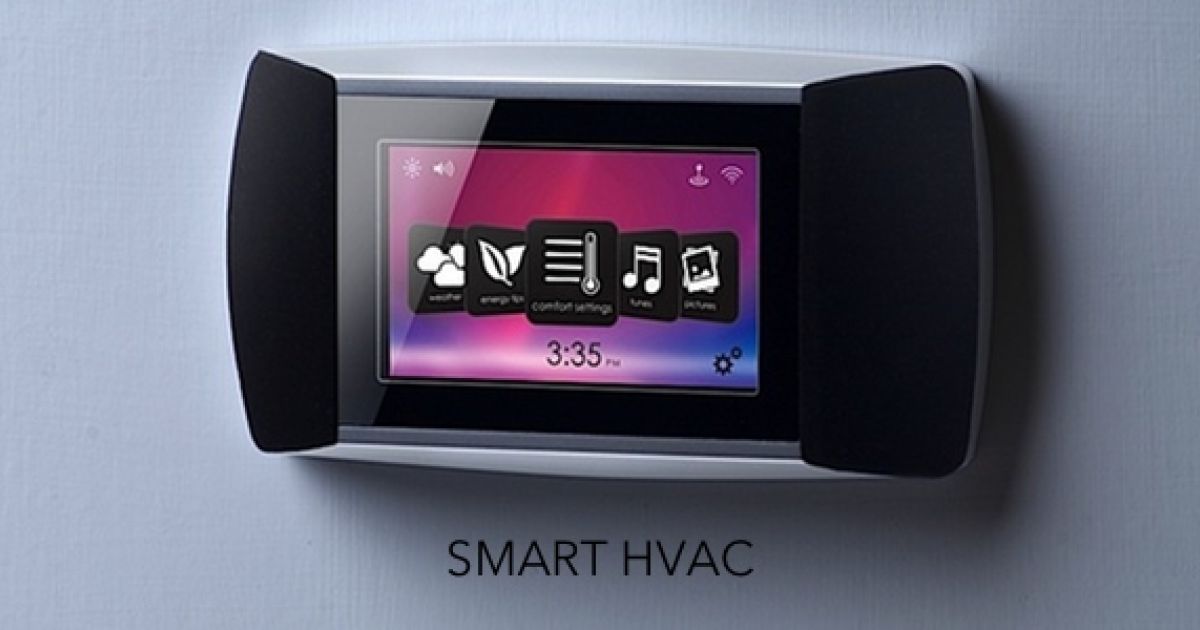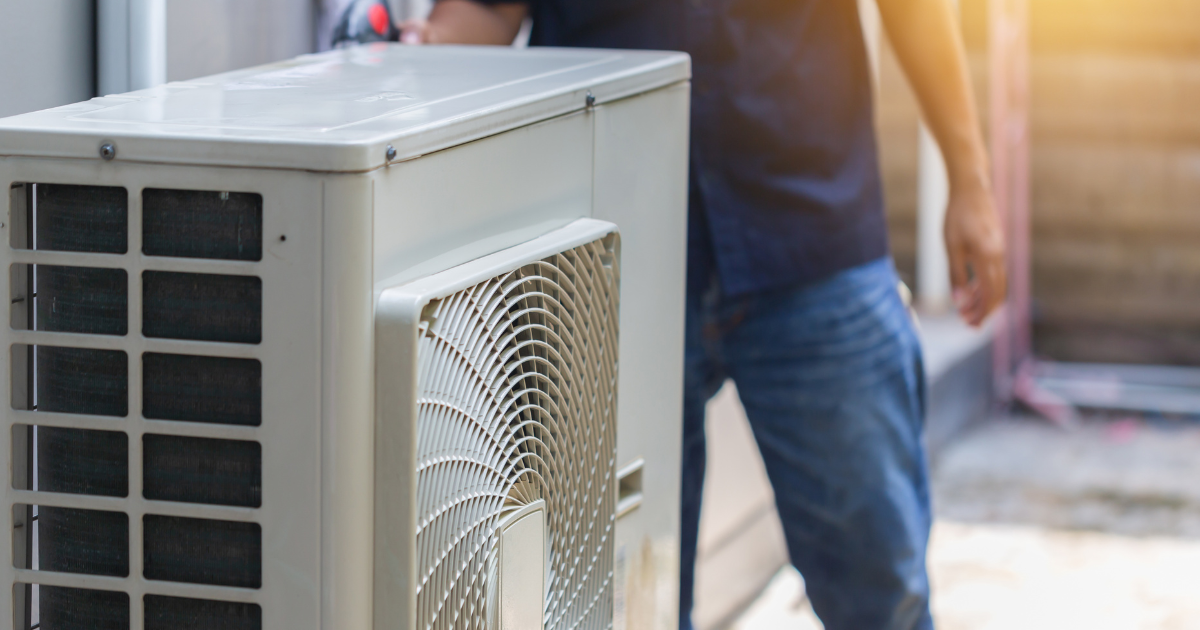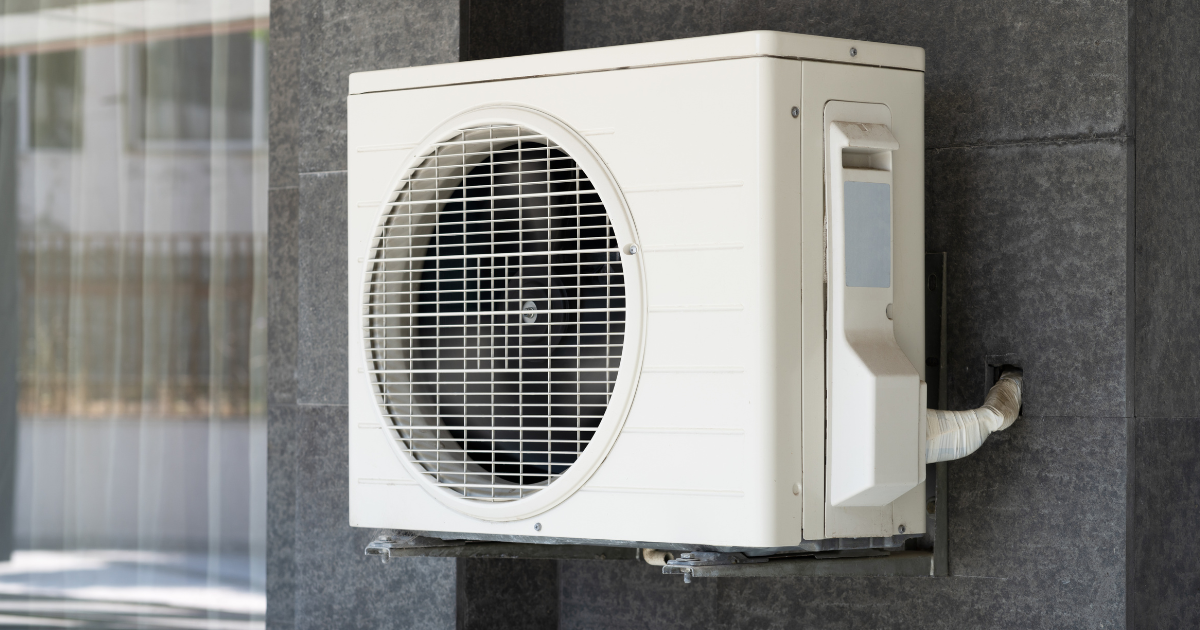Technology meets HVAC
With energy prices constantly on the rise and more homeowners looking for ways to reduce their carbon footprints, the efficiency of heating, ventilation and air conditioning systems is a paramount concern. Fine tuning systems and temperature settings are at the core of HVAC energy conservation, and technology is making more convenient than ever.
In coming years, the term “smart” will be applied to a lot more than phones and watches; efficient everyday home appliances—like HVAC systems—are part of this evolving area of smart technology. Smart HVAC systems conserve energy and save consumers money, all while tapping into the technology that consumers have already adopted on a mass scale.
In this article we will look at practical ways that smart HVAC systems are improving the lives of users and what average consumers can expect from the technology in coming years.
What Is a “Smart” HVAC System?
This term is actually broad and can refer to any number of emerging technologies and products that make HVAC management more efficient and consumer friendly—not necessarily the whole system itself. Manufacturers sell HVAC system controls that allow consumers to adjust their home temperatures from a smartphone app and also to be alerted about upcoming maintenance or repair tasks. Other manufacturers have wall-mounted units that detect motion in specific rooms and adjust temperatures accordingly. If a room has no motion for 20 minutes, the system readjusts.
There are many ways that HVAC systems are getting smarter and more energy-efficient. In short, a smart HVAC system adjusts intuitively or remotely—it “knows” more about the homeowner’s preferences and needs, and the homeowner also has more control, even remotely, via mobile apps. A homeowner doesn’t have to physically adjust it the thermostat, and in some cases doesn’t need to do any adjusting anyway. Convenience is part of the equation, but cost savings through conservation is another benefit.
How Do Smart HVAC Systems Operate?
This is dependent on the specific product you use, but most make use of a thermostat, smart meter, and web or smartphone-enabled app. The main component of smart HVAC systems is climate control automation. Intuitive factors like occupation of a room and time of day play a role in telling the HVAC system what to do and when—all with little or no input from consumers.
Smart HVAC systems also better inform you regarding usage, maintenance tasks, and repairs. This means they help you make smarter consumption choices based on data, can help you lower utility costs, and can even extend the lifespan of HVAC systems by helping you stay up to date on maintenance tasks.
How Efficient are Smart HVAC Systems?
Some industry experts claim that smart HVAC systems will lead to a 20 percent increase in energy efficiency, with real-time information management leading to an increase in efficiency closer to 30 percent or 40 percent. The bottom line is that smart HVAC systems are a product of the information/digital age. Information and increasingly precise technology help these systems work smarter and help users to think smarter about energy consumption, too. This translates to cost and energy conservation.
Smart HVAC technology is innovating the way we consume energy for cooling and heating. As smart HVAC systems see wider mainstream adoption, the costs to use them will drop. This will in turn mean a larger population of homeowners who are able to save money on their HVAC use and a decrease in the amount of energy required for use.

Bob Jenson
For over 45 years, Bob Jenson has been providing quality heating and air services to the San Diego community.
Request Service
Please fill out the form below to request an estimate or schedule service.
"*" indicates required fields







